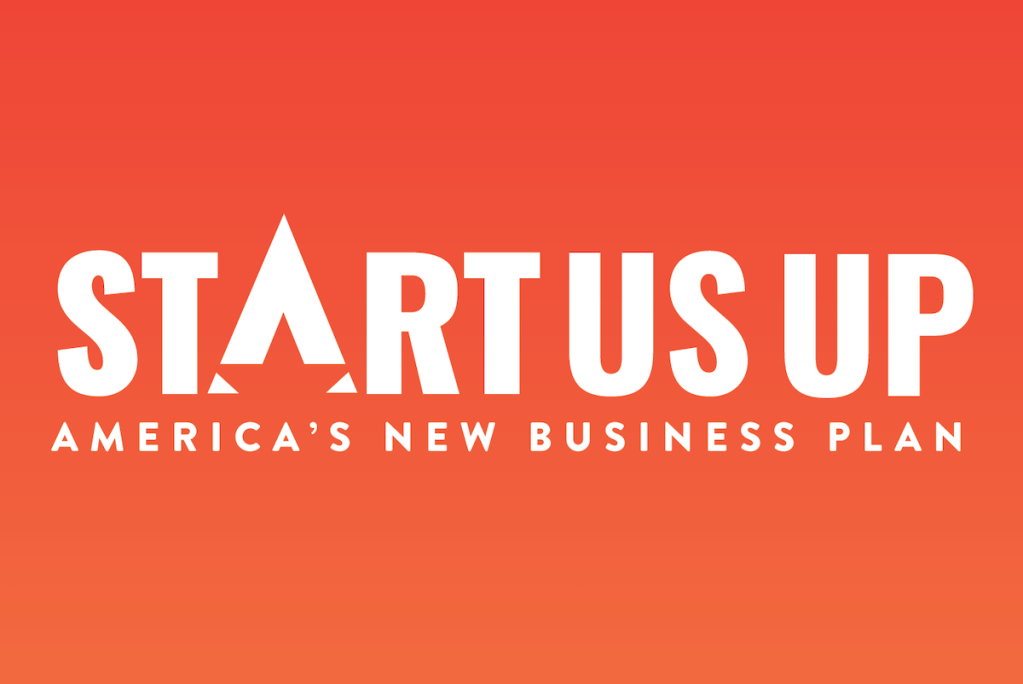One year has passed since George Floyd was murdered in Minneapolis, bringing a long overdue spotlight to the issue of systemic racism in America. Today, as the country continues to grapple with COVID-19 and racial injustice, it is impossible to deny the interwoven nature of these two pandemics.
As we continue the hard work of dismantling racist and unjust systems, the country must prioritize rebuilding a more equitable economy — one that addresses the disproportionate economic impact of COVID-19 on Black and Brown communities, and which confronts historic inequities with long-term solutions.
Main Street Now Rewind: Rebuilding to Healing
Fay Horwitt, president of Forward Cities, recently spoke at a conference about how to develop an equitable environment for entrepreneurs. She detailed three crucial ingredients: the entrepreneurs, the “equippers” (those who provide support, education, and resources), and ecosystems themselves. She also discussed the devastating disruption of “the 2020 Triple Threat,” which was made up COVID-19 pandemic, the growing awareness of racial injustice, and political unrest — all of which led to economic uncertainty.
Evaluating Racial and Gendered Equity in the American Jobs Plan
Prosperity Now’s Cat Goughnour (Director of Racial Wealth Equity Strategy) and Ebony White (Director of Racial Wealth Divide) authored a blog post analyzing the American Jobs Plan and asking whether “people of color and others who have been historically underserved, marginalized and adversely affected by persistent poverty and inequality” will reap the intended benefits. The analysis explores racial and gender disparities in funding (including the Paycheck Protection Program), job growth, business performance, and wages — discussing the need for “systemic solutions rooted in equity to ensure prosperity for all Americans.”
UMKC Innovation Center Reveals 2020 Entrepreneurship Impact in Center-Wide Report
KCSourceLink released a blog post about University of Missouri–Kansas City’s first annual report and the entrepreneurial health of the local and state economy. Among its findings, the group learned that 80% of the jobs in Missouri are created by first-time employers with fewer than 20 employees. Also, Missouri SBDC and Missouri PTAC created nearly 500 jobs and $245 million in revenue as a result of their classes and comprehensive coaching. And more than $165 million was raised in follow-on funding by companies in the center’s Technology Venture Studio, which invested 60% of its project grants to companies led by founders of color.

